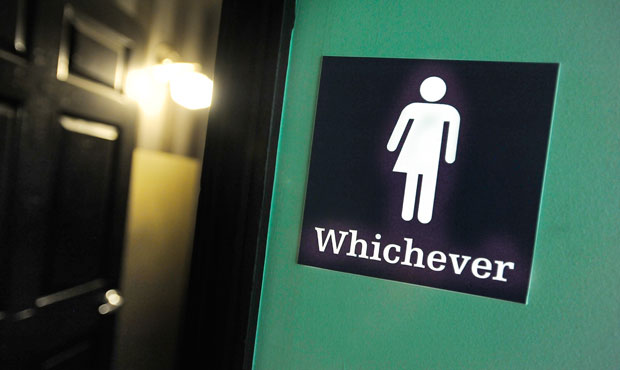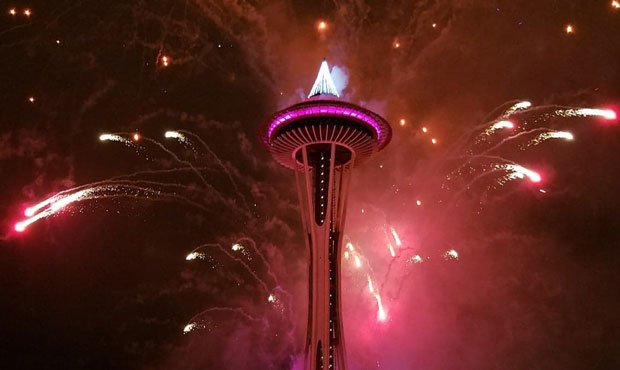Seattle streetcar project might be ‘indefensible,’ but is it really criminal?
Dec 31, 2019, 9:08 AM

Another chapter in the saga of the Seattle streetcar.(SDOT)
(SDOT)
A report on Monday revealed that the Seattle Department of Transportation was told by the federal government to produce documents related to a criminal inquiry regarding the streetcar project. But did SDOT actually do anything against the law, or were recent failures more in the realm of poor decision-making?
SDOT cancels $52 million streetcar contract, project set to finish in 2026
According to Crosscut’s David Kroman, the documents related to a handful of SDOT projects, including the controversial Center City Connector streetcar. Among the requested records were contract solicitations, awards, purchase orders, invoices, wire transfers, and more.
Whether or not SDOT participated in any criminal activity remains unclear, leaving many questions for those who’ve been frustrated with the streetcar project over delays, ever-increasing budgets, and even trains that were too big to fit on tracks.
“These criminal investigations, they’re not easily done,” said Todd Herman on KIRO Radio’s Candy, Mike and Todd Show. “I want to see the results of this, but it’s so hard to defend — even for people who are fans of transit, the streetcar is indefensible.”
The tough part to discern, though, is the line between “indefensible,” and whether or not SDOT broke the law in any way.
“Indefensible doesn’t mean criminal,” noted Candy, Mike and Todd co-host Mike Lewis. “You could make a lot of bad decisions, but that doesn’t mean that they’re criminal decisions.”
“We don’t know what’s going on here, but as far as the streetcar, I just want to make it clear, the streetcar can be an abysmal product of a project and still not be criminal,” Lewis added.
Seattle’s halted streetcar project will resume, at higher cost
The Seattle streetcar has dealt with ballooning costs since it was first introduced. The total estimated budget for the streetcar project is $286 million, double the original estimate from when the line was proposed in 2015, and $88 million more than what was budgeted in 2017. That estimate also included nearly $17 million dollars to retrofit the existing tracks to fit the larger train cars ordered for the expansion.
In a written statement issued shortly after Crosscut’s report, SDOT noted that it has been “collaborating with US DOT to ensure full transparency” for all the projects subpoenaed by the federal government.
Listen to the Candy, Mike and Todd Show weekday afternoons from 3-7 p.m. on KIRO Radio, 97.3 FM. Subscribe to the podcast here.













